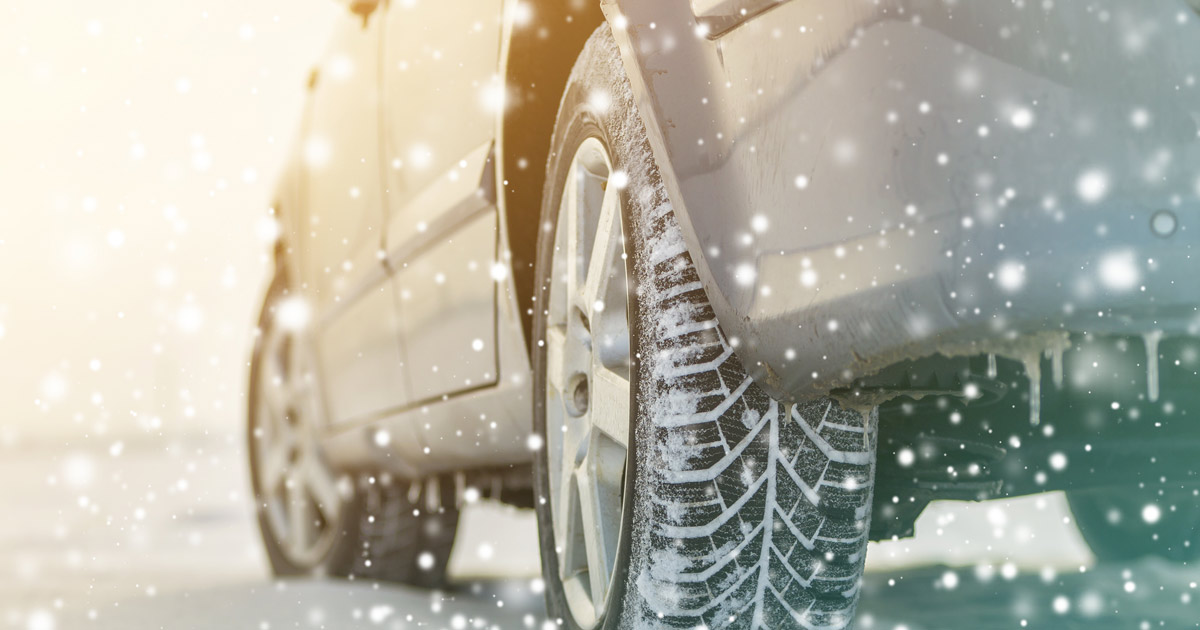MENU
- Home
- Overview
- Attorneys
- Practice Areas
- Firm News
- Blog
- Contact

Delaware winters can be tough on your vehicle. If you do not take steps to prepare for snow, ice, and freezing temperatures, you may actually increase your chance of a system malfunction, or worse, a car accident. According to the Federal Highway Administration, 24 percent of weather-related accidents occur on snowy, icy, or slushy pavement. Many crashes are caused by vehicle failures due to freezing weather.
Excess wear and tear and underinflation affect your tires’ performance. Cold air causes a drop in air pressure by an estimated 1 to 2 pounds per square inch for every 10 degrees Fahrenheit the temperature falls. Underinflated tires have poor traction, which is dangerous on slippery roadways. They are also more prone to blowouts, which can cause the vehicle to lose control and crash.
Make sure your tires are properly inflated, and check the tread with a tread depth gauge or insert a penny with Lincoln’s head upside down. If you see all of his head, that means your tread is too low and you need a new tire.
Cold weather also puts additional strain on your vehicle’s battery, slowing down the chemical process happening within. At a temperature of 32 degrees Fahrenheit, an auto battery loses more than one-third of its strength. At the same time, it takes much more power to start the engine in the cold. Check your battery and charge it before the temperature drops and follow-up throughout the winter season. If possible, park your vehicle in a garage or in a location away from the wind and the harsh elements.
You can also install a battery blanket for as little as $20. This product is like a heating pad for your battery to help maintain a consistent, ideal temperature to prevent starting problems in the winter.
The fluids in your vehicle are also susceptible to changes when the temperature dips. Antifreeze, transmission fluid, and motor oil can thicken in cold weather. If their flow becomes sluggish, they do not work as intended which can impact engine function.
Windshield washer fluid is also essential to help remove dirt and debris and ensure you have good visibility, especially during a blizzard. Check your fluids, and add or replace them as needed every winter.
Corrosion is not an auto part, but it is a problem caused by damage from rock salt and sand on snowy roads. These substances damage the metal parts on your vehicle, particularly the wheel wells and components located along the undercarriage. Wash your vehicle often throughout the winter to remove corrosive substances. An auto inspection and service by a trusted mechanic is the best way to stay on top of your vehicle’s maintenance.
Every driver has a duty to make sure they operate their vehicle safely in accordance with local traffic laws. Vehicle safety is part of that duty. If another driver’s negligence led to your injuries, contact our Wilmington car accident lawyers at Jacobs & Crumplar, P.A. Call us at 302-656-5445 or contact us online to schedule a free consultation. Located in Wilmington and Millsboro, Delaware, we serve clients in Dover, New Castle County, and Sussex County.